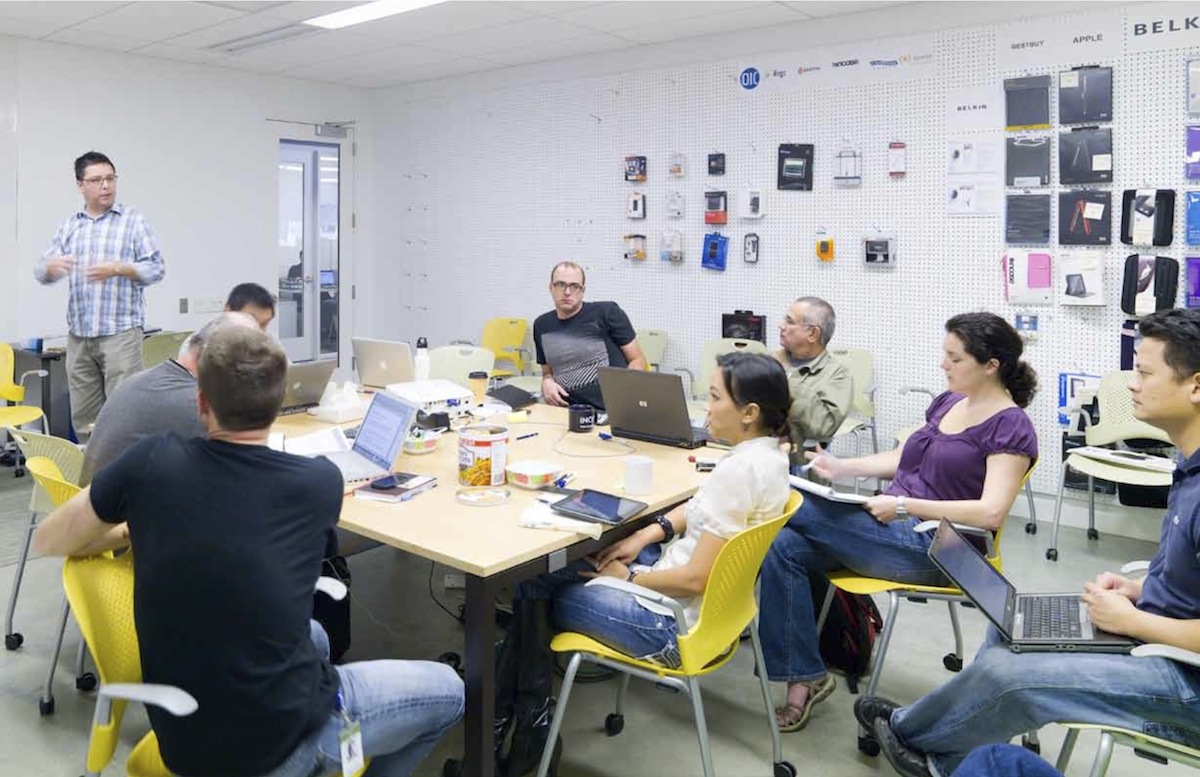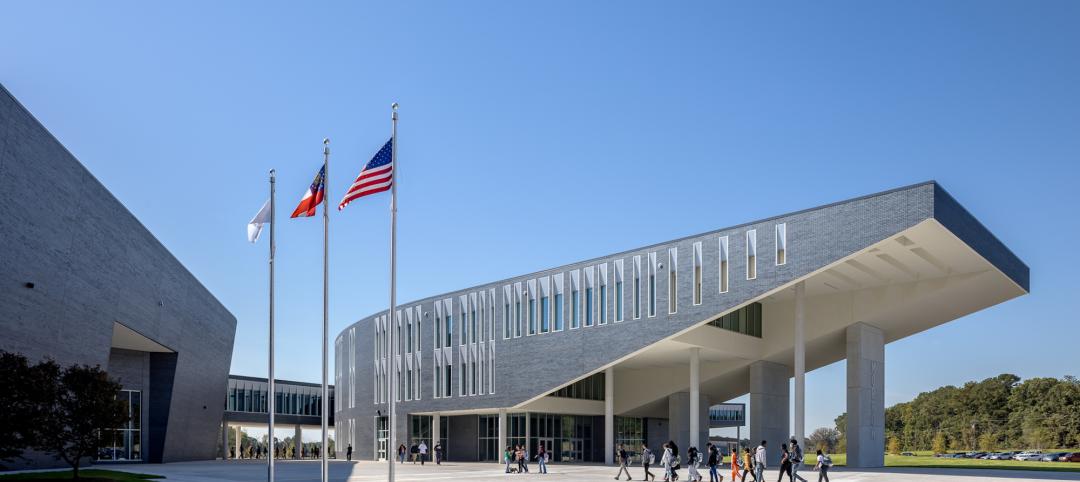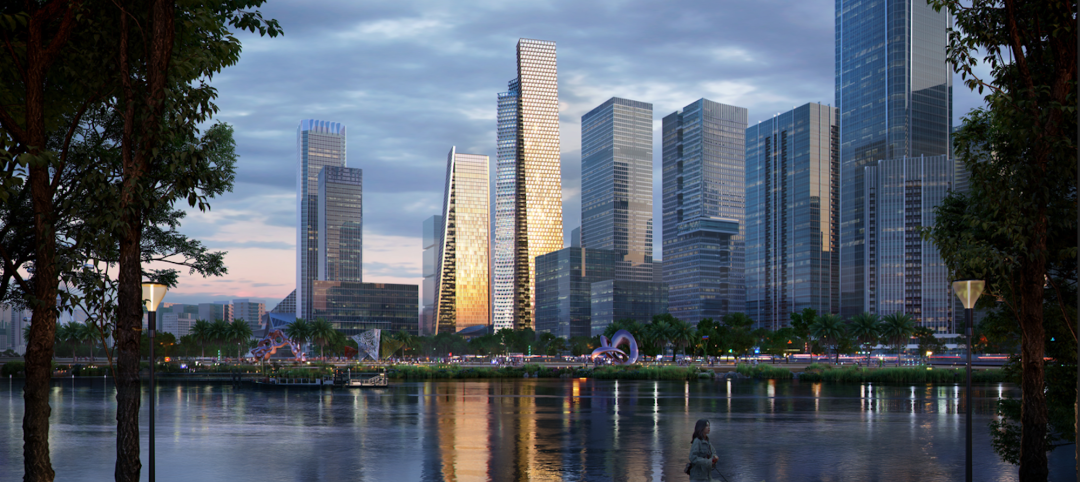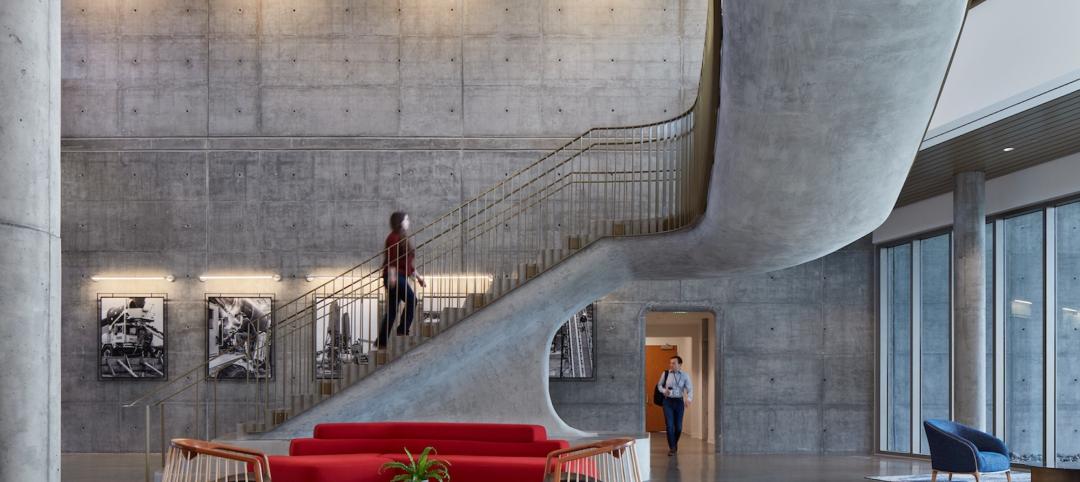Building information modeling tools are great, but if you can't run efficient, productive coordination meetings, the Building Team will never realize the benefits of true BIM coordination. Here are some helpful tips for making the most of BIM coordination meetings based on my experience working on BIM/VDC-driven projects:
1. Practice and prepare. Yes, practice for a meeting. The more you do it the more productive your meetings can be. It takes some skill to be able to navigate the model and have the correct models loaded and visibility settings. Spending 15 minutes before loading models and opening views for the areas of focus will save you a lot of waiting and down time during the meeting.
2. Assign a "designated driver.” This person needs to be familiar with the model and savvy with the software platform. Models can be quite cumbersome, and it can slow down the meeting when a group of people have to watch someone poorly navigating the model. That will quickly kill your productivity.
SEE JARED KRIEGER AT THE 2013 AIA NATIONAL CONVENTION
Jared Krieger, Project Architect in Gensler’s Washington, D.C., office, will speak on “Maximizing BIM: How to Successfully Execute a Fully Integrated BIM Project,” at the AIA National Convention in Denver on Friday, June 21, 6:00-7:00 p.m. More information: http://convention.aia.org.
3. Use your team’s time wisely. You don’t always have to have the full team in the room at the same time. Consider splitting the meeting into structured trades. For example, meet with the structural engineer for the first portion of the meeting to review structural specific coordination. Then have some overlap time with MEP and structural for common coordination. Finish the meeting with MEP-specific coordination.
4. Use meeting notes to stay focused. Open action items and homework from the previous meeting should be the basis for discussion in your current meeting. Use this structure to keep yourself on track, and resolve open coordination issues before moving on to new items.
5. Talk about this process early in the project. For most people, using a collaboratively focused process leveraging technology will be a new process. It may sound like a large time commitment, but if done correctly it will save you time in the long run. Educate the team early on and set/manage expectations.
Jared Krieger, AIA, LEED AP, is a Project Architect and BIM/VDC expert based in Gensler's Washington, D.C., office. He can be reached at jared_krieger@gensler.com.
Related Stories
K-12 Schools | Feb 18, 2023
Atlanta suburb opens $85 million serpentine-shaped high school designed by Perkins&Will
In Ellenwood, Ga., a southeast suburb of Atlanta, Perkins and Will has partnered with Clayton County Public Schools and MEJA Construction to create a $85 million secondary school. Morrow High School, which opened in fall 2022, serves more than 2,200 students in Clayton County, a community with students from over 30 countries.
Museums | Feb 17, 2023
First Americans Museum uses design metaphors of natural elements to honor native worldview
First Americans Museum (FAM) in Oklahoma City honors the 39 tribes in Oklahoma today, reflecting their history through design metaphors of nature’s elements of earth, wind, water, and fire. The design concept includes multiple circles suggested by arcs, reflecting the native tradition of a circular worldview that encompasses the cycle of life, the seasons, and the rotation of the earth.
Architects | Feb 17, 2023
Architect of the Capitol fired by President Biden after strong bipartisan criticism
Architect of the Capitol J. Brett Blanton was let go this week following alleged abuse of authority, misuse of government property, and wasted taxpayer money.
High-rise Construction | Feb 15, 2023
Bjarke Ingels' 'leaning towers' concept wins Qianhai Prisma Towers design competition
A pair of sloped high-rises—a 300-meter residential tower and a 250-meter office tower—highlight the Qianhai Prisma Towers development in Qianhai, Shenzhen, China. BIG recently won the design competition for the project.
Senior Living Design | Feb 15, 2023
Passive House affordable senior housing project opens in Boston
Work on Phase Three C of The Anne M. Lynch Homes at Old Colony, a 55-apartment midrise building in Boston that stands out for its use of Passive House design principles, was recently completed. Designed by The Architectural Team (TAT), the four-story structure was informed throughout by Passive House principles and standards.
Designers | Feb 13, 2023
Hoffmann Architects + Engineers Establishes Diversity Advancement Scholarship Fund
Hoffmann Architects + Engineers, a design firm specializing in the rehabilitation of building exteriors, contributed $25,000 to fund the Hoffmann Diversity Advancement Scholarship, administered through the Connecticut Architecture Foundation. The fund provides scholarships for students from underrepresented racial or ethnic groups who are seeking degrees in architecture or engineering.
Office Buildings | Feb 12, 2023
Smyrna Ready Mix’s new office HQ mimics the patterns in the company’s onsite stone quarry
Designed by EOA Architects to showcase various concrete processes and applications, Smyrna Ready Mix's new office headquarters features vertical layering that mimics the patterns in the company’s stone quarry, located on the opposite end of the campus site. The building’s glass and concrete bands are meant to mirror the quarry’s natural contours and striations.
Multifamily Housing | Feb 11, 2023
8 Gold and Platinum multifamily projects from the NAHB's BALA Awards
This year's top BALA multifamily winners showcase leading design trends, judged by eight industry professionals from across the country.
Multifamily Housing | Feb 10, 2023
Dallas to get a 19-story, 351-unit residential high-rise
In Dallas, work has begun on a new multifamily high-rise called The Oliver. The 19-story, 351-unit apartment building will be located within The Central, a 27-acre mixed-use development near the Knox/Henderson neighborhood north of downtown Dallas.
Sustainability | Feb 9, 2023
New guide for planning, designing, and operating onsite water reuse systems
The Pacific Institute, a global nonpartisan water think tank, has released guidance for developers to plan, design, and operate onsite water reuse systems. The Guide for Developing Onsite Water Systems to Support Regional Water Resilience advances circular, localized approaches to managing water that reduce a site’s water footprint, improve its resilience to water shortage or other disruptions, and provide benefits for local communities and regional water systems.

















